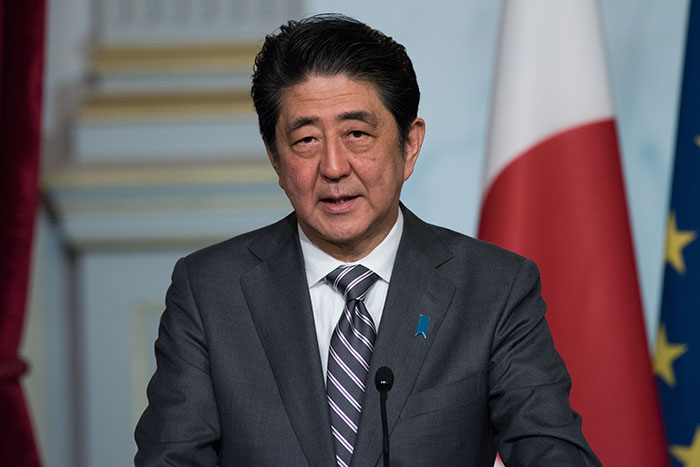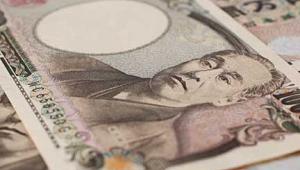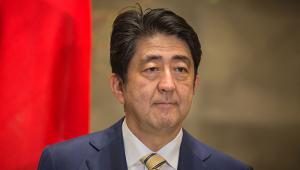web_shinzo-abe_shutterstock_415949860.jpg

Japanese prime minister Shinzo Abe
In its annual report on the Japanese economy, the fund observed that growth remained subdued and deflationary risks were on the rise, due to external headwinds, weak private consumption and sluggish investment.
The report comes three years into Abe’s ambitious project to raise inflation to 2%, lift GDP growth to 2%, and establish a balanced budget by 2020 – through the three routes or ‘arrows’ of monetary policy, fiscal flexibility and structural reform.
According to the report, Abenomics has made headway in boosting expectations and revitalising the economy, but further progress has been hindered by structural impediments and policy shortfalls.
It recommended a range of policy improvements, including labour market reforms, and said the government and Bank of Japan should be ready to implement monetary and fiscal interventions.
It found that domestic confidence and demand in Japan has been hamstrung by policy uncertainty and stock market volatility, and that a shrinking and ageing population is weighing down growth and investment opportunities.
The economic outlook is also somewhat gloomy, with growth expected to fall from 0.3% in 2016 to 0.1% next year. Headline inflation is projected to rise from 0.2% in 2016 to 0.4% in 2017. This does not take into account the impact of the expected economic stimulus package confirmed by Abe last month.
Conditions in the labour market remain positive, however, with unemployment remaining low at 3.1% in June 2016. Meanwhile, wage growth is still problematic and remains sluggish at 0.4% for 2016.
In view of these projections, the targets of Abenomics “will be out of reach” under current policies, the IMF said.
The authorities have responded to the weaker domestic and external environment through additional monetary policy and fiscal support, including the adoption of negative interest rate policy, plans for additional fiscal stimulus, and the postponement of the scheduled rise in consumption tax by two and a half years.
However, the fund said Japan had limited room for further stimulus given the high gross and net public debt, the large budget deficit, the Bank of Japan’s balance sheet – which is one of the largest among developed economies – and negative policy interest rates.
The fund suggests policy changes should be focused on three key areas: income policies, labour market reforms, and a renewed focus on fiscal policy.
Raising wages would be crucial in order to stimulate inflation, and this could be implemented through a steady increase in the minimum wage. The fund suggested private firms should be induced to increase wages, while those wages and prices controlled by the government needed to be hiked in line with the inflation target.
Also, the fund recommended that income policies needed to be combined with significant labour market reform, as well as sustained and balanced fiscal and monetary support for demand. In particular, the ‘dualism’ of the Japanese economy was flagged as problematic, with a strong division between regular employees and low-paid temporary ones. This could be eased with the promotion of new hiring contracts that offer a better balance between job security and wage increases.
The government was also encouraged to remove the barriers to full-time or regular work through tax and social security reforms. Increasing childcare facilities would also help, and would make it easier for women to enter the workforce. Meanwhile, more foreign workers should also be encouraged into the country.
Finally, the fund recommended a focus on what it called “Japan’s key long-term challenge” of fiscal sustainability. To achieve this aim, Japan was advised to gradually increase consumption tax, while containing social spending growth. The fund also highlighted the role of strengthened independent institutions in the country, to ensure that budget projects were built on realistic assumptions.













